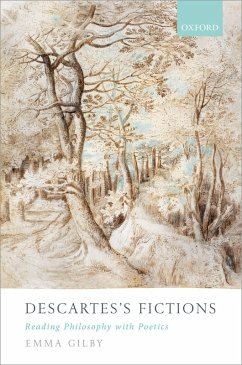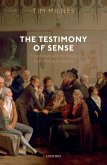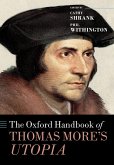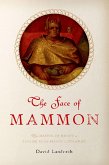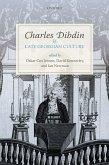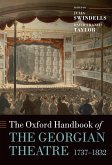Descartes's Fictions traces common movements in early modern philosophy and literary method. Emma Gilby reassesses the significance of Descartes's writing by bringing his philosophical output into contact with the literary treatises, exempla, and debates of his age. She argues that humanist theorizing about poetics represents a vital intellectual context for Descartes's work. She offers readings of the controversies to which this poetic theory gives rise, with particular reference to the genre of tragicomedy, questions of verisimilitude or plausibility, and the figures of Guez de Balzac and Pierre Corneille. Drawing on what Descartes says about, and to, his many contemporaries and correspondents embedded in the early modern republic of letters, this volume shows that poetics provides a repository of themes and images to which he returns repeatedly: fortune, method, error, providence, passion, and imagination, for instance. Like the poets and theorists of his age, Descartes is also drawn to the forms of attention that people may bring to his work. This interest finds expression in the mature Cartesian metaphysics of the Meditations, as well as, later, in the moral philosophy of his correspondence with Elisabeth of Bohemia or the Passions of the Soul. This volume thus bridges the gap between Cartesian criticism and late-humanist literary culture in France.
Dieser Download kann aus rechtlichen Gründen nur mit Rechnungsadresse in A, B, BG, CY, CZ, D, DK, EW, E, FIN, F, GR, HR, H, IRL, I, LT, L, LR, M, NL, PL, P, R, S, SLO, SK ausgeliefert werden.

